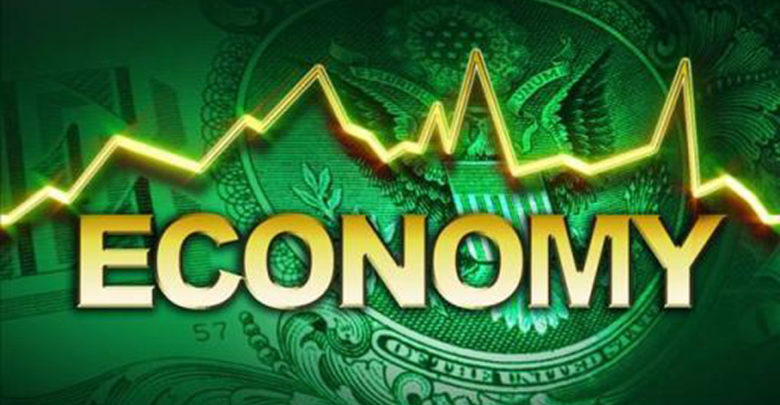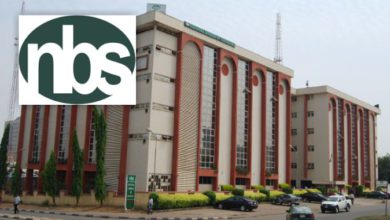
- President Muhammadu Buhari cannot send direct orders to the Central Bank of Nigeria says former presidential candidate and one-time deputy governor of the bank Kingsley Moghalu.
Moghalu told Reuters it is wrong for the president to continue to send directives to the Central bank in clear violation of the law which grants the apex bank a good measure of independence from politicians.
“The central bank act of 2007 makes it clear that the bank is independent. It is not supposed to be taking direct instructions from politicians,” said Kingsley Moghalu, who served as deputy central bank governor from 2009 to 2014.
“The trajectory in this administration is that we have seen a very clear tendency for the president to direct people. Increasingly Nigeria’s institutions have lost independence,” said Moghalu, who was a contender in February’s presidential election.
Bismarck Rewane, a prominent economist and the head of Lagos-based consultancy Financial Derivatives, also said the bank was supposed to be independent.
Buhari has been a vocal supporter of such restrictions and one of his first moves after his re-election in February was to reappoint the central bank governor.
Rewane said a curb on foreign exchange for food imports could backfire after Buhari last month signed up to the African Continental Free Trade Agreement (AfCFTA). That deal seeks to create a continent-wide free trade zone where tariffs on most goods would be eliminated.
“At this point in time these rules (Buhari’s order) will be manipulated in the interest of smugglers and their accomplices,” said Rewane.
Import controls on rice, imposed even as local farmers fail to meet demand, have kept prices artificially high and led to smuggling from neighbouring Benin into Nigeria.
On Tuesday, President Muhammadu Buhari … disclosed that he has directed the Central Bank of Nigeria (CBN) to stop providing foreign exchange for importation of food into the country.
A government statement quoted the president as saying he had asked the central bank not to “give a cent to anybody to import food into the country.”
“The foreign reserve will be conserved and utilised strictly for diversification of the economy, and not for encouraging more dependence on foreign food import bills.”
The latest move comes only weeks after Central Bank in July said the bank would ban access to official foreign exchange to import milk.



